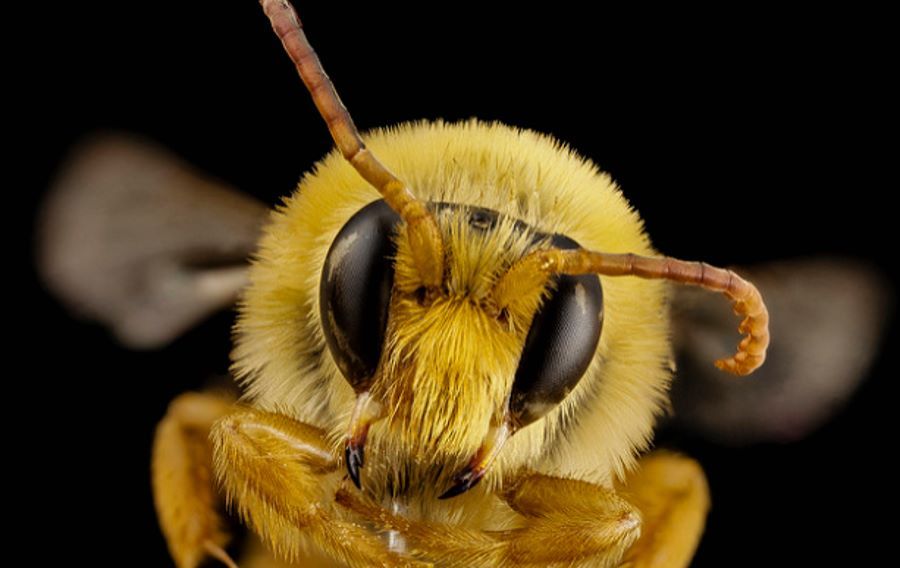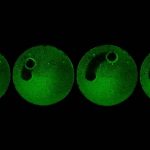
Bees can understand the concept of zero
The development of the concept of zero was crucial to modern mathematics and science, but we are not the only species that can understand the abstract mathematical concept of nothing. Among the small group of animals that understand the concept of zero, researchers recently included bees.
Australian researchers at RMIT University have shown that even tiny mózgi can understand complex, abstract concepts. This surprising discovery opens up the possibility of new, simpler approaches to developing artificial intelligence – think the researchers.
In a study published in the journal „Science”, Australian and French scientists have tested whether honeybees can rank numerical values and understand that zero belongs to the lowest order of the number sequence.
Adrian Dyer, a professor at RMIT University, acknowledged that the number zero is the basis of modern mathematics and progressóin technological. – Zero is a rather difficult concept to understand. For children, understanding this does not come easily and takes them several years, Dyer said.
– For a long time, we believed that only humans were intelligent enough to understand this concept, but recent research has shown that monkeys or birds can rów also grasp the concept of zero. However, we didn’t realize until now that insects can also understand zero – explained Dyer.
The honeybee is a unique model species for studying insectsów. Previous research has shown that bees can learn intricate skills from other beesó³, and even understand abstract concepts like similarity or ródifference.
Mózgi beeół have about a million neuronsów. In poróIn comparison with 86 billion neuronsów in the human mózgu is not much. Until now, it was not known how mózg insectów could cope with understanding such an important numerical concept. But researchers decided to test this by tagging individual honey bees for easy identification and luring them into specially designed apparatusesóin research.
Such an apparatus is a closed room. On one of the walls, the researchers placed white squares with smaller black squares painted on them in numbers ranging from dwóch to five. The bees were taught that as they would choose the squares with the least number of elementsów, they will be rewarded with a sugar solution.
And so the bees learned to select three black elements on a white square when presented with a choice of white squares with three and four elements. When the bees were shown a picture thatóry did not contain any element ofów w w porówn comparison to the picture, whichóry had one or more black squaresów, bees understood that the collectiveóThe r of zero was a lower number.
– These findings have opened the door to a new understanding of how rótangible mózgi can represent zero. This is a difficult problem. Neurons respond relatively easily to stimuli, such as light or the presence of an object, but how can a human or insect understand what a nothing is? Have bees and other intelligent animals evolved special neural mechanisms to enable perception of zero? – wondered Dyer.
The researcher noted that the bees were able to comprehend what is not even found in someóhe ancient cultures. Although in the mighty Roman Empire zero was not used.
– The discovery that bees can demonstrate such an understanding of numbers was truly surprising, given their small mózg. Large mózgi are therefore not necessary to operate the numbers. This capability is likely to be shared by many other animals – assessed the co-óAurora Avargu, a research author from the University of Toulouseès-Weber.
Sourceóbackground: RMIT University, Science, fot. USGS Bee Inventory and Monitoring Lab





